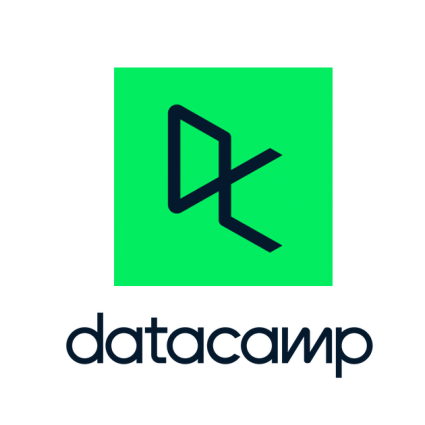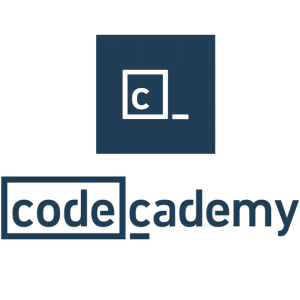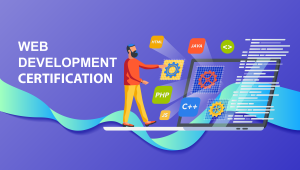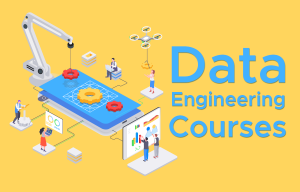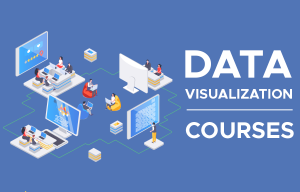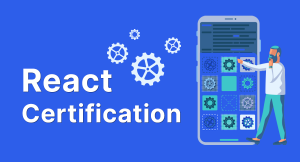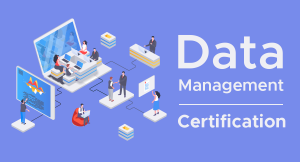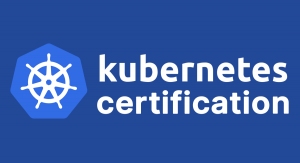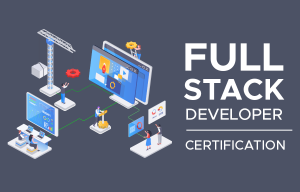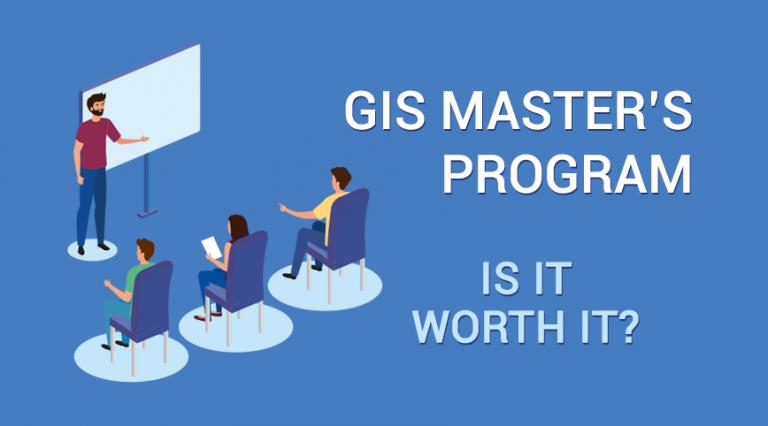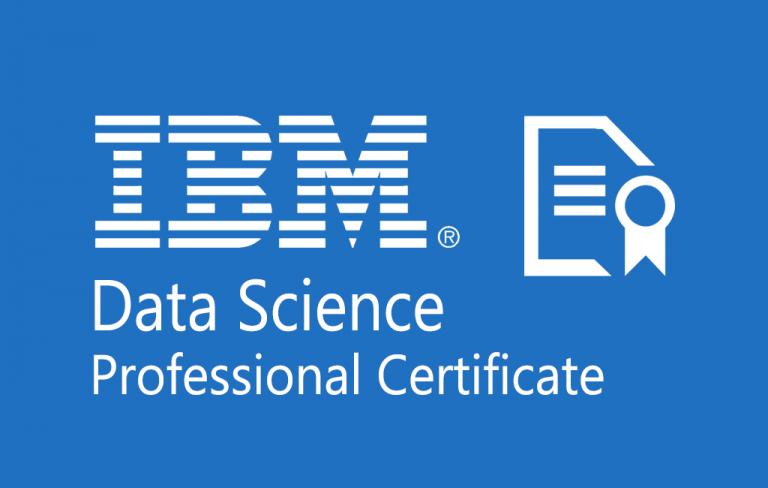
Statistics Certification and Courses
Statistics certification is a vital qualification for anyone looking to work in the field of data analysis and decision making.
Additionally, statistics can help you understand your data better and lead to impressive career opportunities using Python or R programming.
So if you’re looking to make a career in statistics, there’s no better way to start than by getting certified.
Whether you’re looking to become a statistician or need a refresher, this guide will teach you everything you need to know about statistics certification.
1. MicroMasters® Program in Statistics and Data Science (MIT)
The MIT MicroMasters® Program in Statistics and Data Science is a bit in a league of its own. It offers a pathway to many career opportunities like data analytics, data science, or business intelligence. It’s the most rigorous program in our list of best data science courses and certificate programs. But if you have an interest in statistics and data science and want to explore these industries, then this might be the perfect opportunity for you.
PROS
CONS
COURSES
- Statistical Probability: Introduces you to the foundations of statistical inference and gives you a practical understanding of how to think about probabilistic models.
- Fundamentals of Statistics: Make informed decisions using statistics to deepen your research and interpret results in a way that allows you to draw conclusions from data.
- Machine Learning with Python: Get a thorough introduction to the field of machine learning, with practical hands-on examples, and learn how to apply machine learning techniques to real-world problems.
- Capstone Exam in Statistics and Data Science: You will be able to apply the knowledge and skills you’ve gained throughout your program in data analysis, statistics, and machine learning.
VERDICT
The MIT MicroMasters® Program in Statistics and Data Science offers a new way to pursue your passion in the field. The specialization is built on three pillars: data analysis, statistics, and machine learning. Although it’s a high level of difficulty, it provides a unique opportunity to develop your skills in statistics and data science.
| Instructor | Massachusetts Institute of Technology (MIT) |
| Duration | 1 year and 2 months (10 – 14 hours per week) |
| Certification | MicroMasters® Program in Statistics and Data Science |
| Coursework | 5 graduate-level courses |
| Skills Acquired | Data Science, Statistics, and Machine Learning |
2. Statistics Fundamentals with R (DataCamp)
In Statistics Fundamentals with R Skill Track, you’ll learn all you need to know about statistics and make informed decisions using R. You’ll start by learning the concepts of data analysis, then use that knowledge to analyze data sets such as regression, sampling, and hypothesis testing. This skill path challenges you with various projects that will provide you with valuable life-long skills and knowledge that you can use in your future career to help any business grow.
PROS
CONS
COURSES
- Introduction to Statistics in R: Get your statistical skills on track and learn how to collect, analyze, and make conclusions from quantitative data. In this course, you will learn how to use R to analyze data and make informed decisions.
- Regression in R: Learn how to predict housing prices and ad click-through rate by using regression analysis in R. This course will teach you how to use regression analysis to understand the relationship between two variables. You will also learn how to use the R programming language to perform linear regression analysis.
- Sampling in R: Make more informed decisions by knowing how much data you need. Use R to sample data and get a more accurate picture of data.
- Hypothesis Testing in R: Get to know the different types of hypothesis tests, how to use them and when to use them. You will learn how to test hypotheses in statistics, how to choose the right test type, and when to use a chi-square or t-test.
VERDICT
Whether you’re starting a new business or looking to improve an existing one, statistics is essential. In the Statistics Fundamentals with R Skill Track, you’ll learn how to use R to analyze data and make predictions. You’ll also learn about the different ways to collect data, how to analyze it, and how to use R for business purposes.
| Instructor | DataCamp |
| Duration | 5 courses (20 hours) |
| Certification | Statistics Fundamentals with R |
| Prerequisites | None |
| Skills Acquired | R Programming, Sampling, Regression, Hypothesis Testing, Chi-Square Tests, and T-Tests |
3. Master Statistics with Python (Codecademy)
If you’re looking to learn statistics, Python (surprisingly) is the perfect tool for the job. With Python, you can create beautiful graphs, analyze data, and eventually master statistics. If you want to use statistics in your business or scientific work, Codecademy’s Master Statistics with Python Skill Path is the perfect option for you. This 4-week course will teach you all you need to know about Python and statistics so that you can start analyzing data, learning probability, and making predictions today.
PROS
CONS
COURSES
- Summary Statistics for Quantitative and Categorical Data: Get a handle on quantitative and categorical data analysis straight from the comfort of your own home. This course provides you with the essential skills to summarize quantitative and categorical data.
- Visualizing a Distribution of Quantitative Data: Get a better understanding of how data is distributed, visualized, and interpreted. Learn how to create bar charts, pie charts, and other graphical depictions of quantitative data.
- Probability and Associations: Take the first step in your data analysis journey with this course. It will teach you the basics of probability and how to use it to investigate relationships between variables.
- Linear Regression: Get the skills you need to apply linear regression models in Python. You will learn how to fit linear regression models, interpret the results, and compare and contrast models.
VERDICT
If you want to learn how to use statistics effectively, Codecademy has the perfect course for you. In the Master Statistics with Python Skill Path, you’ll learn how to use Python to create graphs and data analysis. You’ll also learn how to read and write data, create a hypothesis, and use regression models. These are the practical skills that employers are looking for.
| Instructor | Codecademy |
| Duration | 4 weeks |
| Certification | Master Statistics with Python Certificate of Completion |
| Prerequisites | None |
| Level | Beginner/Intermediate |
| Skills Acquired | Statistics, Experimental Design, Python, Pandas, NumPy, SciPy, and Matplotlib |
Statistics Certification and Courses
Statistics is important for anyone who wants to work in the field of business. Statistics can help you understand your business, analyze data, and make informed decisions. But if you don’t have statistics certification of course, you’ll be at a disadvantage in the workforce.
In this article, we’ve introduced you to the different types of statistics certification and the many applications that they can be used for.
Start learning today through these statistics certification courses to work your way to becoming a statistician. Otherwise, if you are looking for a career in the realm of data science, there are lots of opportunities to bring your statistics skills.
- R Certification Courses for Statistical Computing
- 10 Python Courses and Certificate Programs
- SQL Certification Courses – Structured Query Language
- Business Intelligence Certification – Learn BI
- Data Analyst Certification For Beginners
- 10 Best Data Science Courses and Certification


